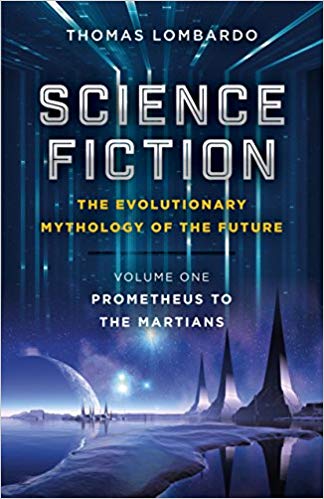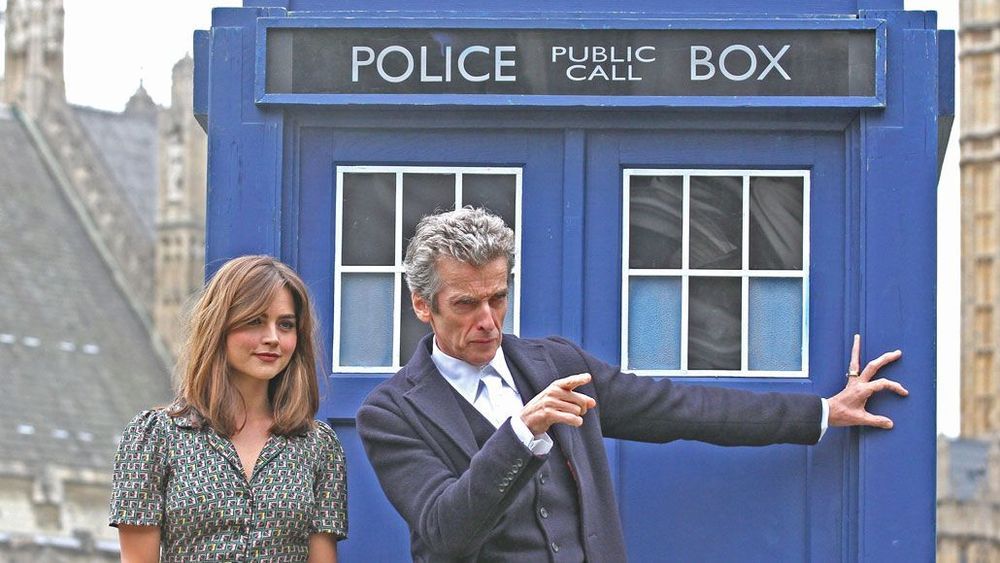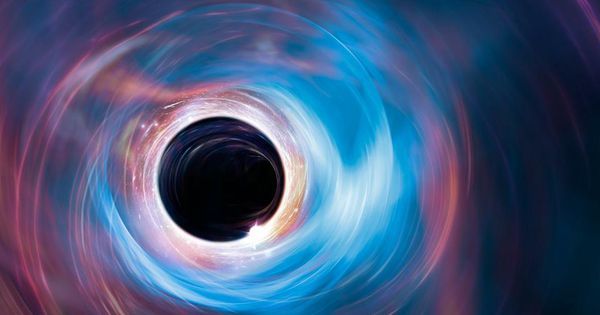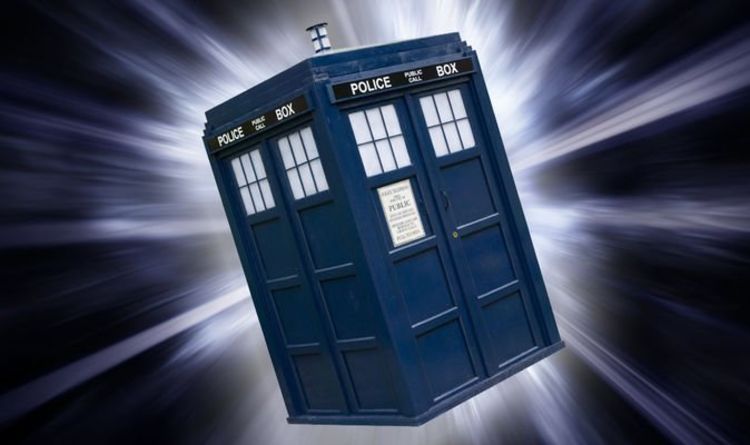Sean Carroll is a theoretical physicist at Caltech and Santa Fe Institute specializing in quantum mechanics, arrow of time, cosmology, and gravitation. He is the author of several popular books including his latest on quantum mechanics (Something Deeply Hidden) and is a host of a great podcast called Mindscape. This conversation is part of the Artificial Intelligence podcast.
This is the second time Sean has been on the podcast. You can watch the first time here: https://www.youtube.com/watch?v=l-NJrvyRo0c
INFO:
Podcast website:
https://lexfridman.com/ai
iTunes:
https://apple.co/2lwqZIr
Spotify:
https://spoti.fi/2nEwCF8
RSS:
https://lexfridman.com/category/ai/feed/
Full episodes playlist:
Clips playlist:
EPISODE LINKS:
Something Deeply Hidden: https://amzn.to/2C5h40V
Sean’s twitter: https://twitter.com/seanmcarroll
Sean’s website: https://www.preposterousuniverse.com/
Mindscape podcast: https://www.preposterousuniverse.com/podcast/
OUTLINE:
0:00 — Introduction
1:23 — Capacity of human mind to understand physics.
10:49 — Perception vs reality
12:29 — Conservation of momentum
17:20 — Difference between math and physics.
20:10 — Why is our world so compressable.
22:53 — What would Newton think of quantum mechanics.
25:44 — What is quantum mechanics?
27:54 — What is an atom?
30:34 — What is the wave function?
32:30 — What is quantum entanglement?
35:19 — What is Hilbert space?
37:32 — What is entropy?
39:31 — Infinity
42:43 — Many-worlds interpretation of quantum mechanics.
1:01:13 — Quantum gravity and the emergence of spacetime.
1:08:34 — Our branch of reality in many-worlds interpretation.
1:10:40 — Time travel
1:12:54 — Arrow of time
1:16:18 — What is fundamental in physics.
1:16:58 — Quantum computers
1:17:42 — Experimental validation of many-worlds and emergent spacetime.
1:19:53 — Quantum mechanics and the human mind.
1:21:51 — Mindscape podcast
CONNECT:





